YOL ŊILIMU
Our success comes from applying gurruṯu through collaborative approaches.


About Djalkiri
When we meet with community, we explain the way we work by referencing the Djiḻawurr.
The Djiḻawurr (the orange footed scrub fowl) starts by creating space, clearing an area to make way for what is to come.
These spaces nurture and provide clarity for the next part of the journey.
Djiḻawurr work as a team, building the nest to incubate, grow and protect the eggs. They continually tend to the nest making sure the conditions are right.
Djalkiri aims to be the nest that creates the supportive conditions for Yolŋu to have new beginnings. Like the djiḻawurr, we will clear the path of barriers that get in the way and tend our ‘nest’.
Our success comes from applying gurruṯu through collaborative approaches.
Our work is grounded in gurruṯu (the kinship) system which underpins how we connect and how we take action. We are committed to developing processes that are grounded in Yolŋu knowledge systems and ways of working. However, this is challenging as there are limited approaches that we can draw on that centre Yolŋu knowledge systems and authentically develop a strengths-based approach. So, we have been exploring innovative and theoretically informed ways to articulate and measure the work that we do. For example, we have been learning about systems mapping and how action research might help us evaluate our work as we want to show the relationships.
MEET THE DJALKIRI TEAM

Wiṯiyana Munuŋgurr
Ŋurruyirr’yunami (Chairperson)
Wiṯiyana Munuŋgurr (also as known as Gathapura) is a young leader currently working at Laynhapuy Homelands School Learning on Country program. He was a senior ranger at Dhimurru for 10 years and is a graduate of the Yirrkala School. His passion is working with young people in schools, educating about the importance of our environment from Yolŋu and Balanda perspectives. Gathapura is also a talented musician and is often on tour.

Yalmay Yunupiŋu
Ŋurruyirr’yunami (Board Member)
Yalmay Yunupiŋu is senior Rirratjiŋu elder who lives at Yirrkala. She has worked for 45 years in education and is a fierce bilingual advocate, described as a bilingual warrior. She has a Batchelor of Education and is an Honorary University Fellow at Charles Darwin University. She is involved in many community initiatives, such as community engagement research and goŋ-djambutj (healing program). Yalmay created the first ever Yolŋu Matha phonological awareness App in Dhuwaya in partnership with Melbourne University. This app helps Yolŋu children build their literacy by learning phonemes: the letters and sounds of the Yolŋu Matha alphabet.

Djalinda Yunupiŋu
Ŋurruyirr’yunami (Board Member)
Djalinda Yunupiŋu is Gumatj woman and an educator who has worked as a leader and mentor for many decades across communities in North East Arnhem Land. She currently provides wellbeing support at Yirrkala school as well as a mentoring and leadership role that supports both Yolŋu and Balanda staff and students. Djalinda is an elder and mentor to Rarrtjiwuy and provides cultural and organisational leadership to Djalkiri Foundation. She plays an important role in a number of organisations, and is on the Rirratjiŋu Board. In her spare time she paints barks which are displayed at Buku Larrŋgay Art Centre in Yirrkala.
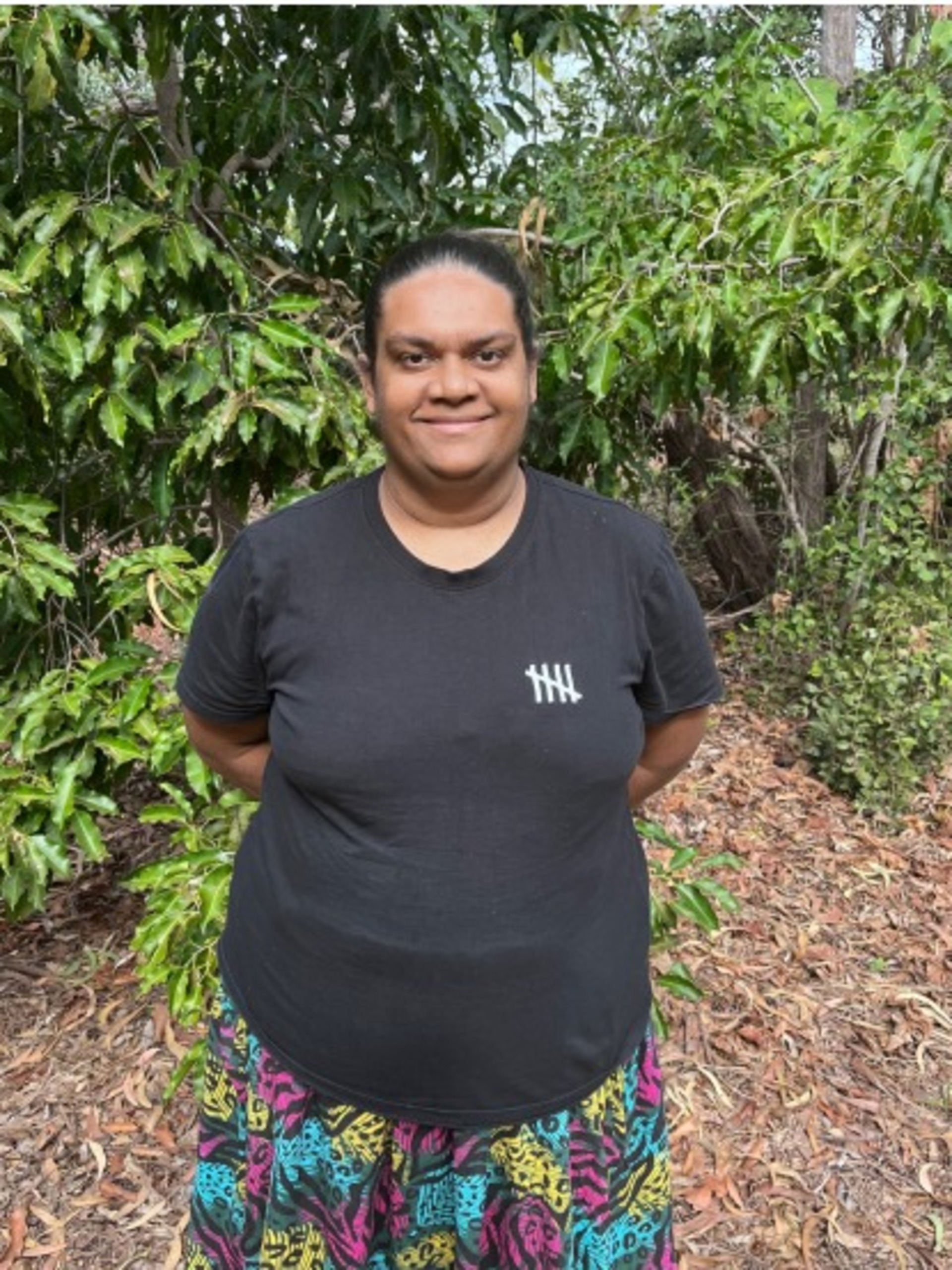
Rarrtjiwuy Melanie Herdman
Manapanami (CEO)
Rarrtjiwuy Melanie Herdman is a Yolŋu woman and leader from Northeast Arnhem Land. She is currently setting up the Djalkiri Foundation, a Yolŋu led organisation committed to creating space by providing support, guidance and advocacy for Yolŋu to support them to lead empowered lives and make meaningful contributions to their communities. As the Manapanami (CEO), Rarrtjiwuy plays a critical role in making sure Djalkiri focuses on community priorities and that the control of the organisation is in the hands of Yolŋu. As Chair of the Miwatj Health Aboriginal Corporation, board member for Country Needs People and a director at Country Connect to name a few, Rarrtiwuy works across different sectors and that supports her to advocate and influence the priorities of her people and the communities she represents.
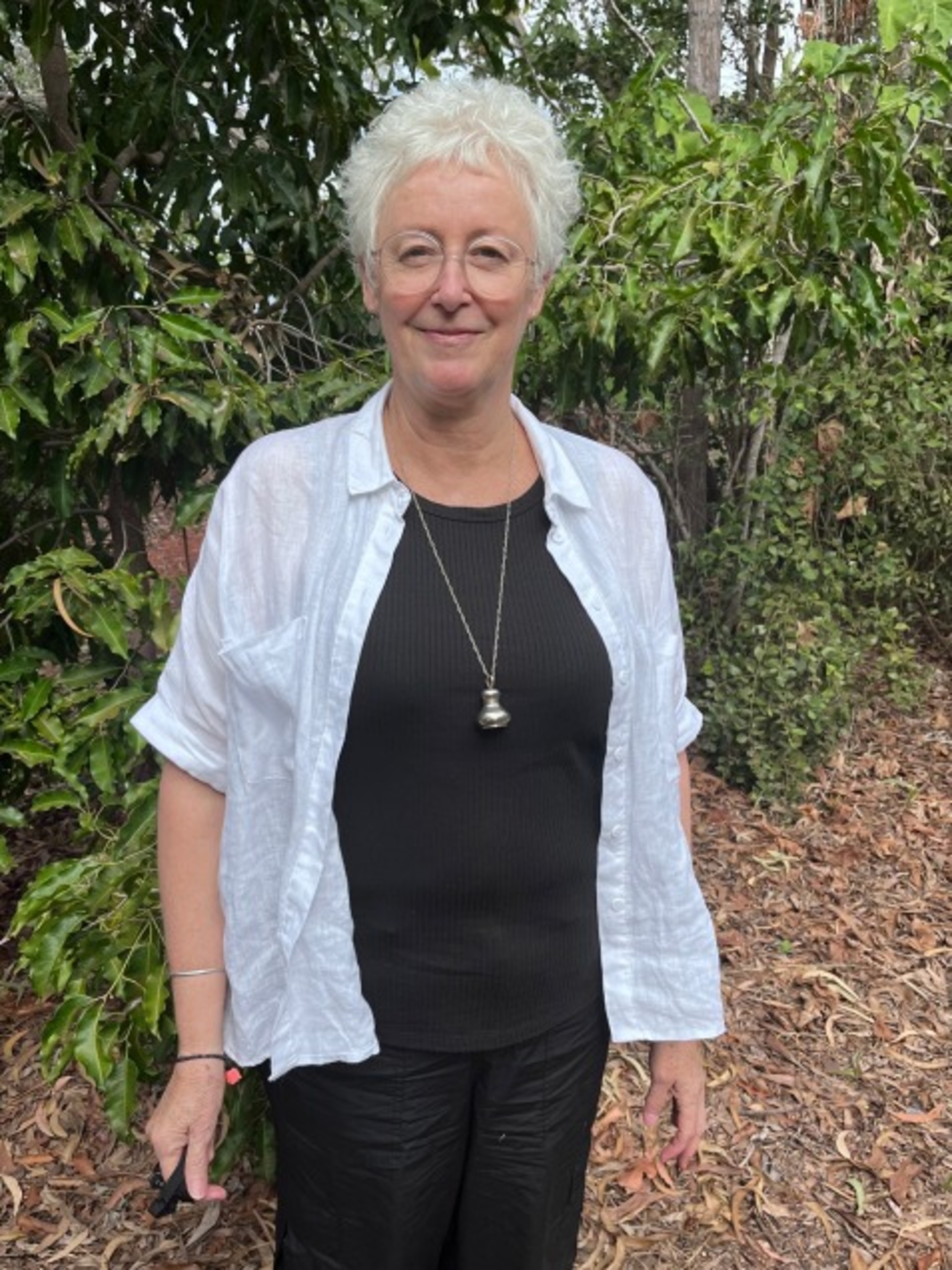
aNDREA KINGSTON
COMMUNITY ENGAGEMENT COORDINATOR
Andrea Kingston has been helping build the nest (buku warkthun wäŋa). Her background working with the community since the 1990s in the area of pathways with Yolŋu has been invaluable. She is a consultant with the Cotton on Foundation and supports 5 regional partnerships. Andrea is supporting Djalkiri Foundation through the planning and implementation of workshops and empowering the guŋga’yunami to lead programs. She has been volunteering her time with Djalkiri and provides ongoing support and mentoring for staff, participants and the community.
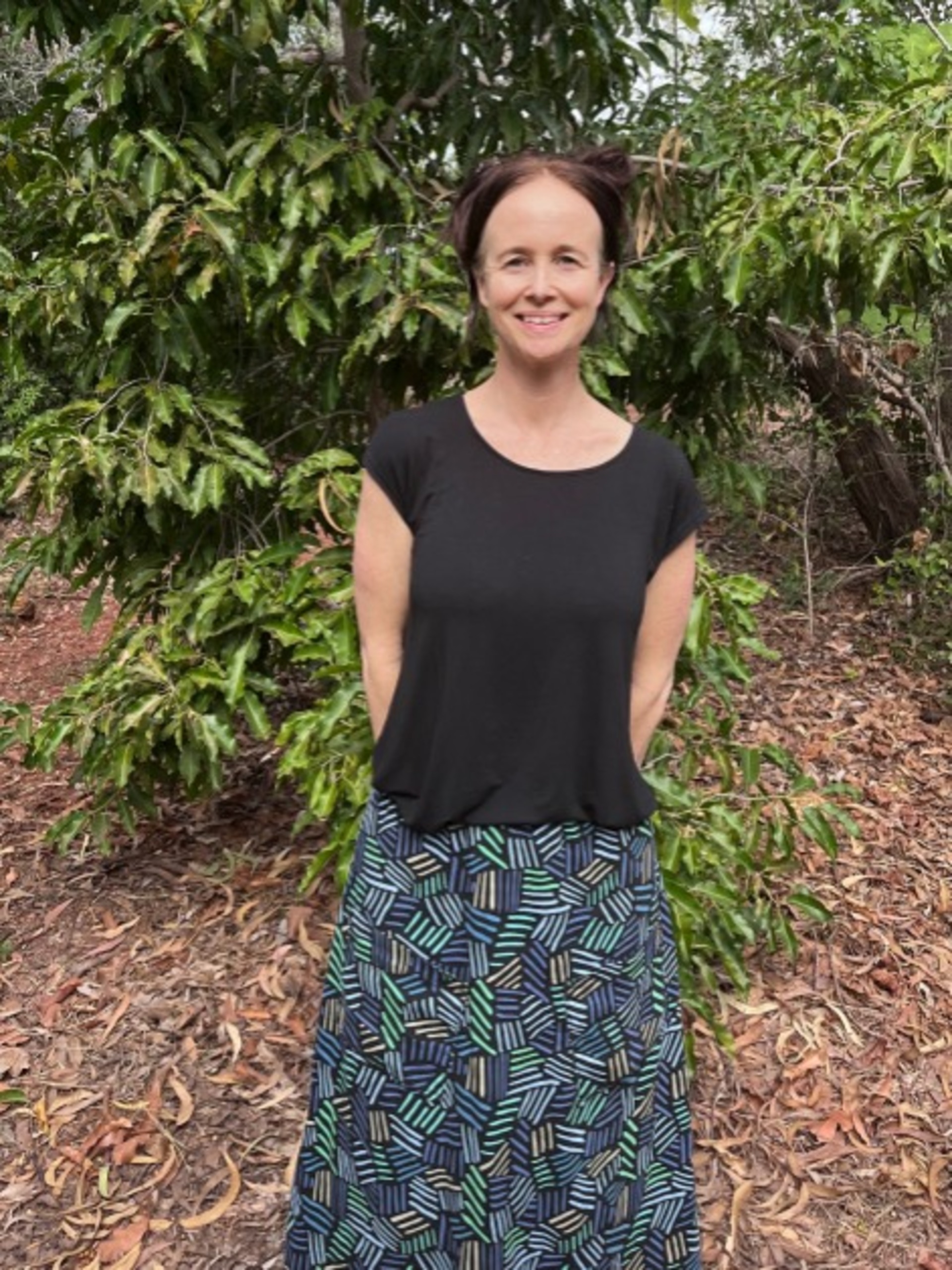
Claire rafferty
GIḎAŊTHUNAMI (Co-DESIGN LEAD)
Claire Rafferty co-designs organisational processes and programs and works with the community. She is committed to a strengths-based approach that recognises Yolŋu ways of being, knowing and doing. Claire is interested in how collaboration in intercultural spaces can be enriched when we value multiple perspectives, recognise power imbalances, create space for honest dialogue and cultivate humility. After teaching for many years in the region, she completed her PhD at the ANU and is now working with the team to put this work into practise through the Djalkiri Foundation.
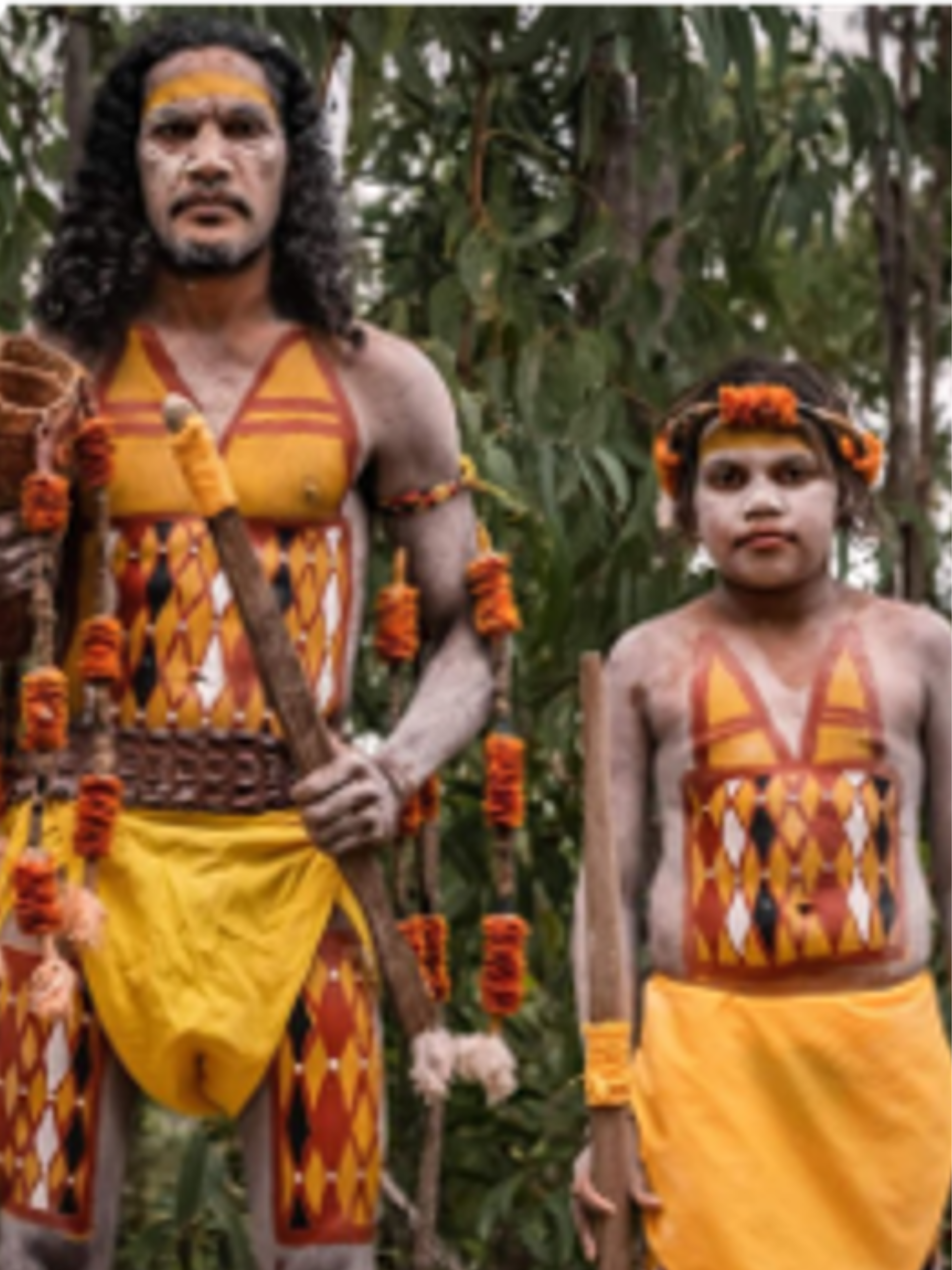
Balpirrirriwuy Cedric Marika
Guŋga’yunami (Casual Case worker)
Cedric Marika is a young talented man and cultural leader within in community. As a Guŋga’yunami, he brings a range of skills and demonstrates leadership in program implementation and new initiatives in supporting young Yolŋu participants accessing Djalkiri programs. Within the organisation, Cedric has shown confidence, enthusiasm, ambition and the qualities within himself to be a role model for the younger generation. This is demonstrated in the workplace and in community. Cedric’s way of thanking Djalkiri Foundation for the support he received and helping to steer him on the right path was through writing a song for the foundation and performing it at the closing ceremony at the Garma Festival.
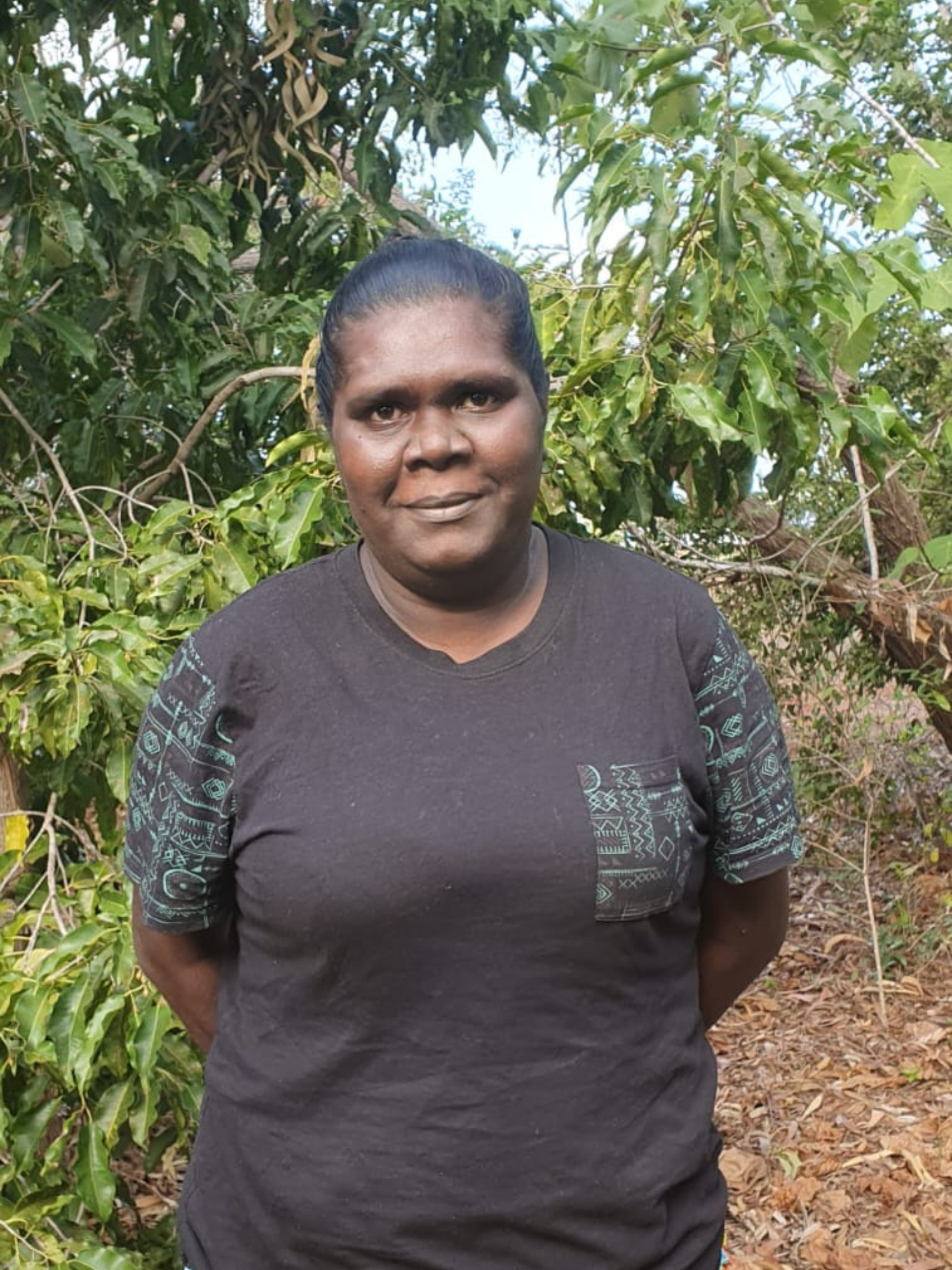
Rokuwuy Garrawurra
Guŋga'yunami (Casual Case Worker)
Rokuwuy Garrawurra is the eldest daughter in her family with a strong connection to her mother’s Country. She cares for this Country along with her family members the way that her grandfather looked after the land. She is a leader in the Djalkiri program and has ideas about potential programs and ways to support participants. She has a way of connecting with people that brings them on the journey and builds their confidence. She is a role model to the younger Djalkiri guŋga’yunami.
HOW WE WORK TOGETHER
Djalkiri is a small organisation with 6 part-time staff and volunteers. We often rely on the commitment of people in a non-paid capacity but this is not sustainable in the long term.
Therefore, we will grow the team by increasing paid hours for staff while growing the number of people employed.
We are committed to employing Yolŋu staff and recognise the importance of ongoing professional learning to develop the skills and capacity of local people. We also know that at times we need the support of experts. The diagram shows our current staffing model. Importantly, all positions are connected to each other, and we are moving away from a hierarchical model of leadership.

